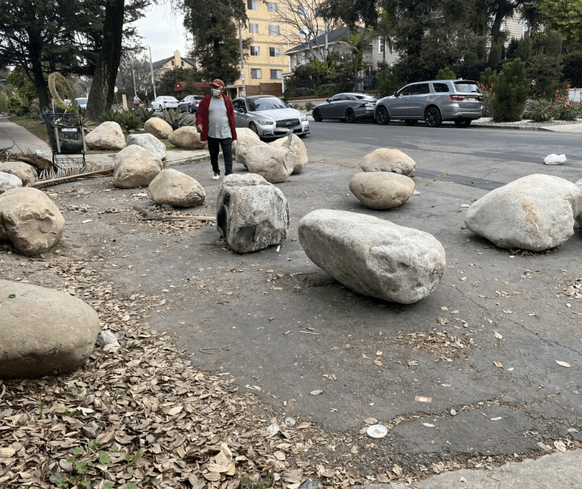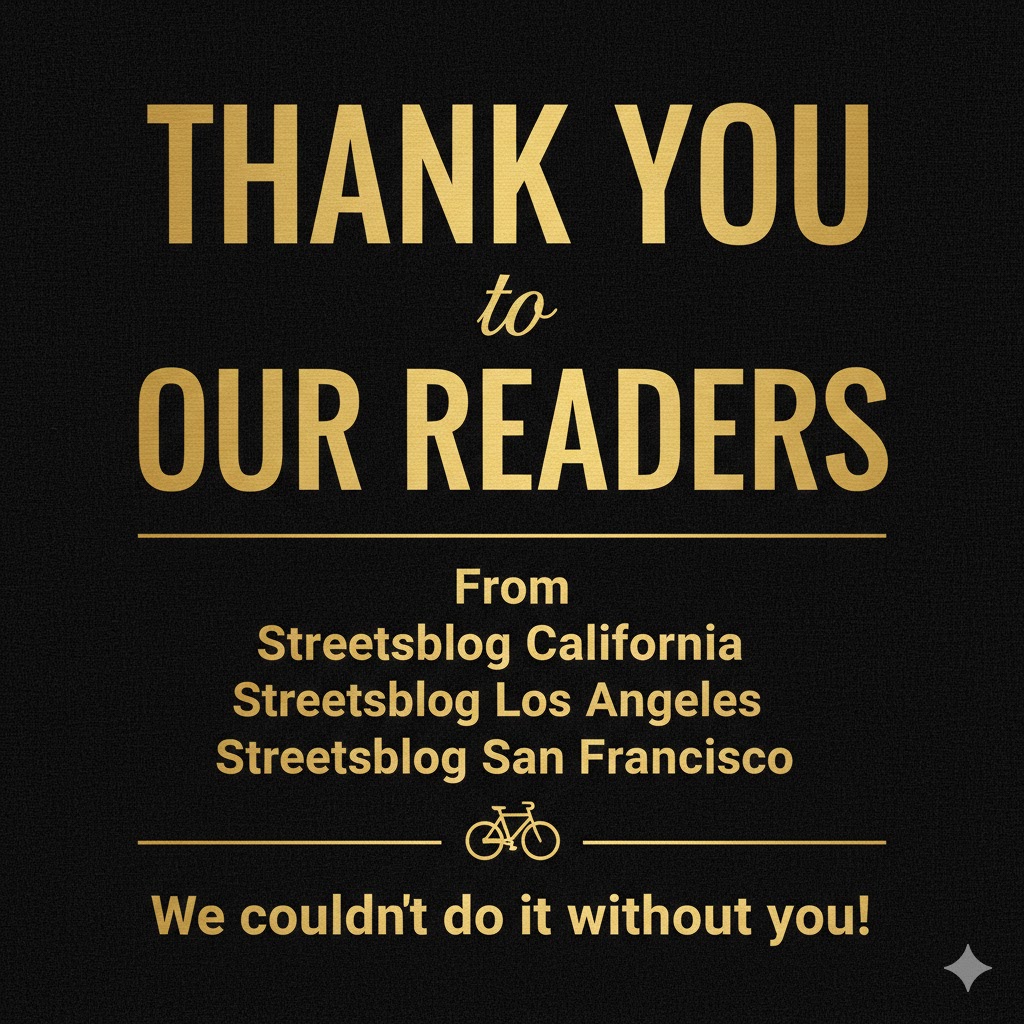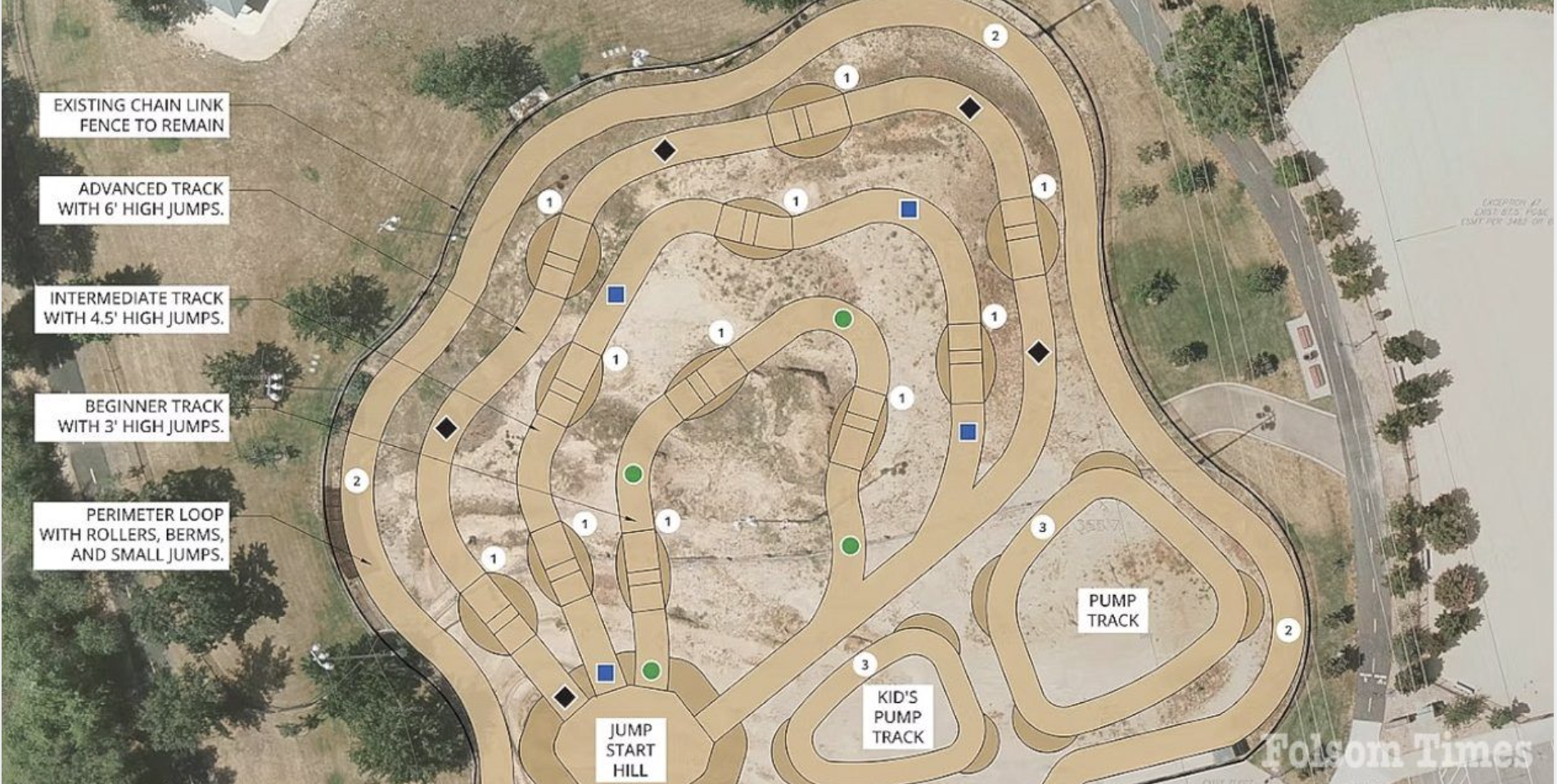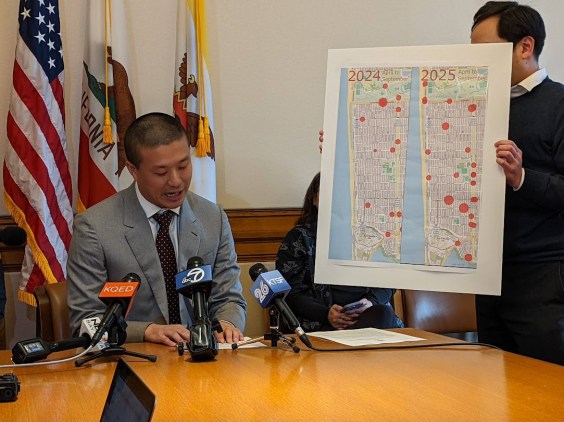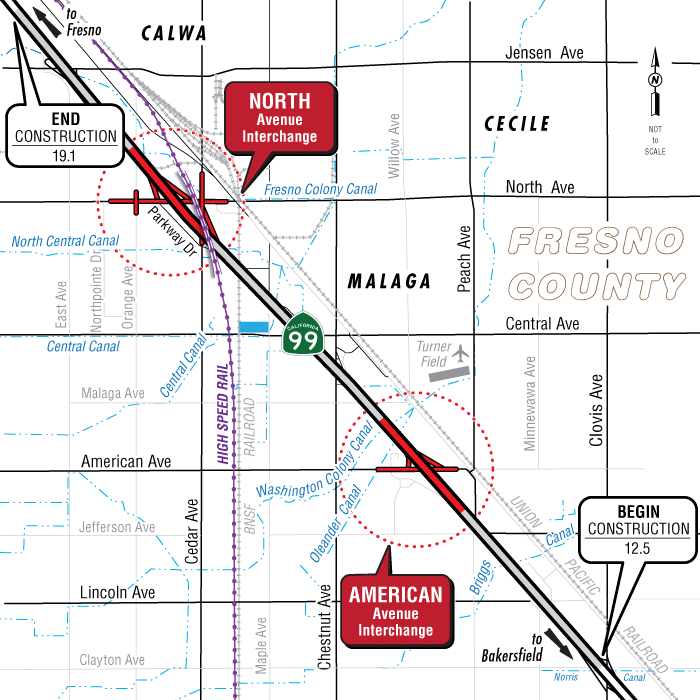On a residential block of Westmoreland Avenue in Koreatown, someone recently placed about two dozen large rocks. The rocks are blocking the public right-of-way, both street and sidewalk spaces, at a long-closed fenced-off back entrance to Shatto Park. In recent years, several unhoused persons resided in a couple of tents there.
Streetsblog checked with city council representatives (that side of the street was recently redistricted away from Council District 13 Mitch O'Farrell into the currently unrepresented CD10), who responded that the rocks were not placed at the request of council offices. So, these rocks were apparently placed there privately, probably by nearby homeowners. A couple of the rocks are on the parkway in front of a private home - where they are accompanied by new cactus plantings.
In 2020, a handful of private South Robertson homeowners raised over three thousand dollars to pay for installing homeless-hostile rocks at a sidewalk encampment site on Cattaraugus Avenue under the 10 Freeway. Those rocks were removed after media attention got the city involved.
Koreatown, and indeed many L.A. neighborhoods continue to see a proliferation of fences, planters, spiky plantings, and rocks. The mean-spirited trend was reported on by the L.A. Times in 2019.
The rocks came as little surprise to Ktown for All co-founder Michael Dickerson. "Frequently, following sweeps, we'll see new barriers put up to prevent people from returning to the location where they were camping," Dickerson wrote. "In Ktown, we've seen local businesses use construction fences and planters to block off public spaces. In one case, a local church planted thorn bushes along a strip of grass that had been previously occupied by a small unhoused community. Whether rocks, planters, or fences, these objects are usually placed by private individuals without proper permits. The end result is that public spaces are made unusable by anyone, and unhoused people are forced to move along to a new location."
If unofficial private hostility isn't enough, city-sanctioned, official hostility to unhoused Angelenos also comes in many forms, including that of newly established Special Enforcement Zones.
The Los Angeles City Council recently updated its anti-camping laws to allow for more sweeps in areas designated by the local City Councilmember. New signs have been going up, including in parts of Koreatown, to warn off unhoused people from camping in specific areas. Just the new anti-camping signage alone is costing the city $2 million citywide, according to the L.A. Times.
In council-designated special zones, the city is stepping up enforcement of Section 41.18 of the Los Angeles Municipal Code (LAMC) which makes it illegal to “sit, lie or sleep in or upon any street, sidewalk or other public way.” Councilmember Mike Bonin criticized the latest iteration of the city's anti-camping push as doubling down on a costly failure.
Special Enforcement Zone signage states that "no person shall... allow items to remain in the public right-of-way" and "items placed in the enforcement zone will be removed by the city." Perhaps the city could apply this to nearby private boulders?
